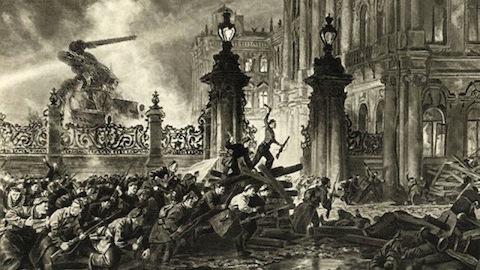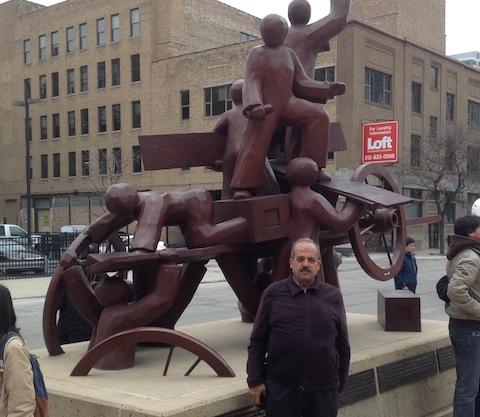Possible Ideas for Going Forward
ZNetwork
Despite current progressive electoral energy and, in some places, major movement gains, we have a long way to go to win lasting fundamental change. Partly vile institutions at the core of our society manipulatively and coercively twist our motives and awareness. Partly a right wing surge is also occurring. And partly the public has still not thrown off cynicism and a trembling fear of enduring even worse outcomes if we try to seek better.



Spread the word